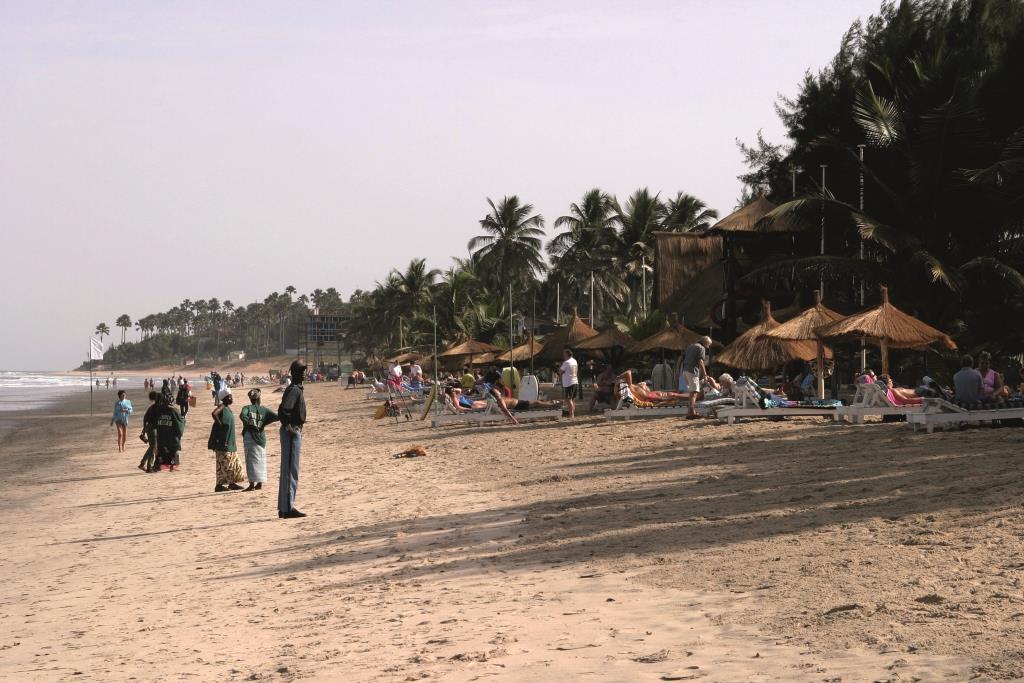The picturesque Republic of The Gambia is covered with beach resorts and more than 300 species of birdlife. It’s one of Africa’s smallest countries and is surrounded by Senegal and the North Atlantic Ocean. The former British colony gained independence on February 18, 1965. Incumbent president, Yahya Jammeh, led a successful, bloodless military coup in 1994 and has been in power since winning the elections in 1996. Each term is five years and the constitution has no restriction on the number of terms allowed.
The country has few natural resource deposits and is heavily reliant on foreign aid. A third of the population depends on the agricultural sector, with one sixth of the country’s land being arable, and tourism is big due to its ecosystems, white beaches and close proximity to Europe.
The country wants to become West Africa’s regional center for processing, manufacturing, assembly and distribution. Currently a low income country, it wants to reach middle income status by 2020, using its Vision 2020 master plan.
It’s currently a net importer—exporting peanut products, cotton lint, palm kernels and fish, while importing foodstuffs, fuel, machinery and transport equipment. The majority of the country’s exports consist of re-exports to other African countries.

C3EKDG
Loading...
While its human rights record is poor, The Gambia’s contractionary monetary and fiscal policies from late 2003 restored macroeconomic stability after inflation rose to a two-decade high of 17% in 2003—following uncontrolled and unbudgeted expenditures, a decline in tax revenue, a rise in domestic debt and a drought.
The general economic growth outlook for 2013 seems to be positive.
The country began to rebound in 2012; real GDP grew from -4.0% in 2011 to 6%. Growth is expected to continue on the back of recovery in the agricultural and tourism sectors. Inflation has remained in the single digits and is projected to climb to the central bank target of 5%.
The country suffered an agricultural harvest failure in 2011 and implemented the Program for Accelerated Growth and Employment (PAGE) 2012-2013, a new poverty reduction strategy. It takes 27 days to start a new business and the country has now dropped four places in the ease of doing business rankings, to sit at 147. It also ranks at 165 on the Human Development Index.
The Gambian financial system has evolved over the last several years, and is now liberalized. The country has moved to an indirect system of monetary controls using open market operations, increasing competition in the domestic financial system.
Treasury Bill yields are between 12.6% and 16.09% per annum.
Earlier this year, The Gambia introduced a 15% VAT. This led to some confusion among the locals and sharp increases in prices. These increases were also seen in non-taxable items such as rice and sugar. The introduction of the VAT is in compliance with ECOWAS’s tax reforms for its member states.
Structural changes have been made in the country and there are a number of projects underway. The government wants to find ways of enhancing domestic participation in mineral exploitation, improving education and improving infrastructure.
Loading...
